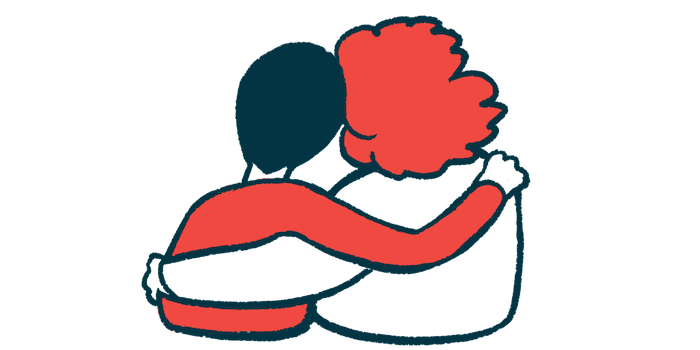Challenges of transitioning to adult CF care may be hardest for parents
Sense of responsibility lingers as children take charge of complex care
Written by |

Parents of adolescents and young adults with cystic fibrosis (CF) retain a sense of responsibility for their children as they transition into adult healthcare services, and they can be frustrated by the changes demanded, an interview study reported.
Healthcare providers should recognize the evolving roles of both patients and parents, address mutual challenges, and communicate clearly to navigate this transition most effectively.
While “imposing restrictive roles may result in parental resistance,” it also helps adolescents and young adults develop the skills needed to become more independent, the researchers wrote.
“Future research should examine the short- and long-term impact of role-management interventions in [adolescents and young adults] and their parents,” they added.
The study, “The roles and experiences of adolescents with cystic fibrosis and their parents during transition: A qualitative interview study,” was published in the Journal of Cystic Fibrosis.
Transitions to adult care with cystic fibrosis can be ‘turbulent’
For many with CF, newer treatments such as CFTR modulators — designed to address the disease’s root cause — offer the potential for longer and healthier lives.
“Because of the increasing survival of children with CF into adulthood (median survival age of 51.7 years), CF has become an exemplary disease to illustrate the added value of healthcare transition programs,” the researchers wrote.
Such programs usually provide “a planned and structured transfer” from pediatric to adult care, knowing that “providing support during this potentially turbulent period results in improved confidence and health outcomes in patients with CF.”
To understand how the shift is handled, the researchers interviewed 18 adolescents and young adults, with a mean age of 21, who made the transition at one of three university hospitals in Belgium. They also interviewed 14 parents, including three couples.
Five common themes were identified: mutual support, hospital policies, changing needs of adolescents and young adults, parents as “co-patients,” and the need for parents to adapt to their new roles.
While many patients felt relief at becoming less dependent on their parents, if their care help was not available — in practical or financial terms — fewer doctor visits or a stop with supportive programs like physiotherapy could result.
“Because my mom couldn’t accompany me anymore as our agendas didn’t match … we sometimes had to wait 4 months for the next appointment … That cannot be right,” one patient said.
Some parents resisted and were frustrated by some hospital policies, especially when they couldn’t sleep in the same room as their children during a hospital stay. This change was particularly difficult for most parents to accept, and for some of the adolescent or young adult patients.
Opportunities for younger patients, frustrations for their parents
However, such policies also created opportunities for younger patients needing to develop skills essential for greater independence.
“I found it a huge relief when I could do it [a consultation] myself,” one patient said. “I always had this feeling when I was at the doctor’s office like, ‘Mama, why are you answering that now?’ Because I could answer that myself.”
Despite needing less help, most adolescents and young adults took comfort in knowing they could rely on their parents during critical moments, such as an emergency admission.
Parents acknowledged shifts in needed support, but intended to remain available around the clock. Some also continued to help with tasks their children were able to do.
“[My child] is twenty-one now and I’m still preparing her pills. Regardless the fact that she can prepare her own pills since she was eight years old, I think,” one parent said.
Many parents also felt a need for regular updates on their child’s status and general disease developments, still viewing themselves as “co-patients with needs.”
“As a result, parents took initiative to get hold of information, either by contacting healthcare providers, the [adolescents and young adults], peers, or by exploring the internet,” the researchers wrote.
Parents often referred to the changing roles as “imposed,” with most saying that the process was challenging. Some attended workshops to learn how to handle the shift.
Still, “the majority of the parents acknowledged the importance and the natural order of things of a gradual ‘letting-go’ process,” the scientists wrote.
Developing communication and self-care skills, and feeling accountable and empowered were important for adolescents and young adults, whereas parents noted changes in family dynamics.
In general, the expected roles of adolescents and young adults were clear, directly affecting their well-being. Those of parents were ambiguous, with most “describing a latent sense of responsibility” for their child’s continuing care and feelings of being sidelined, the researchers noted.
“The identification of the majority of themes in both [adolescents and young adults] and parents is intriguing, highlighting the shared challenges experienced by both groups during transition, albeit from different perspectives,” they concluded.







